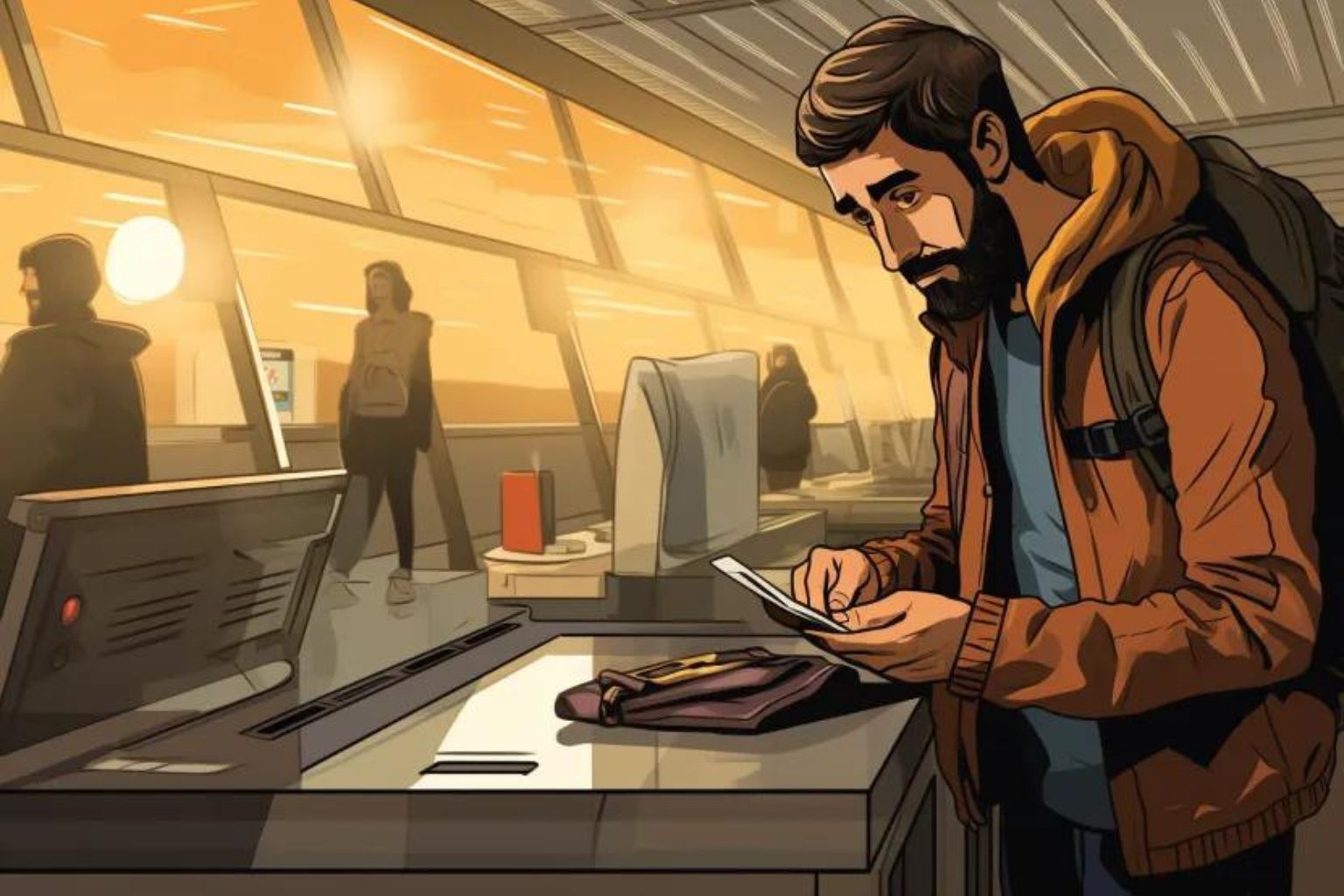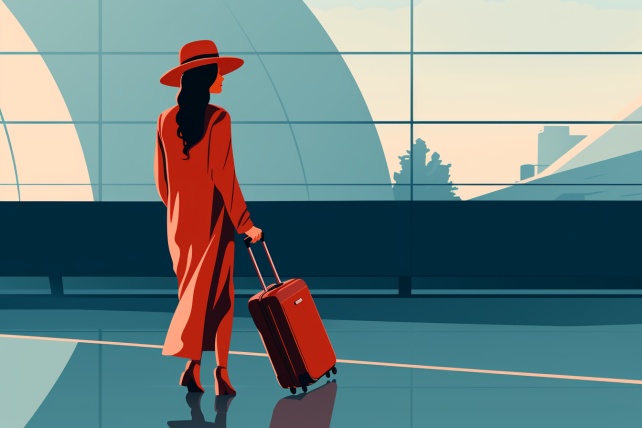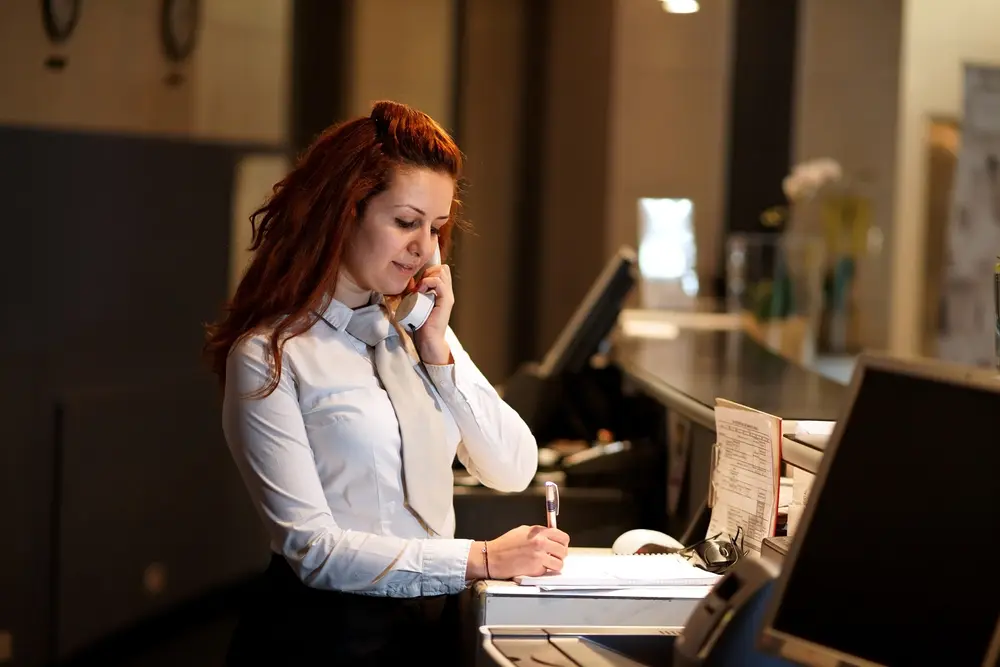To say that air travelers spend as much time complaining about fees and surcharges as they do flying might not be much of an exaggeration. And now the airline industry wants you to add another complaint to that list: taxes.
Air travelers are overtaxed, say the airline trade organization Airlines for America and a coalition of other interest groups. In a campaign cleverly timed to coincide with this month’s deadline for filing federal income tax returns, they’ve called on Congress to “reform” the way the government taxes U.S. fliers.
“We face a uniquely bad tax environment,” says Steve Lott, an A4A spokesman. “The aviation industry and our passengers currently pay 17 separate federal taxes and fees, a hodgepodge thrown together and added to over the years without any guiding rationale or consideration for their overall impact on demand or affordability.”
The complex evolution of air travel fees
To illustrate its point, A4A posted a chart on its Web site showing taxes on air travel from 1972 to 2012. The number of taxes jumped from five in 1972 to 11 two decades later and to 17 today. It can raise the cost of a round-trip airline ticket by 20 percent or more, include such charges as the $2.50 Sept. 11 fee to pay for airport security and the $3.80 flight segment tax, assessed each time a passenger takes off and lands.
More taxes might be on the way. The administration’s deficit reduction plan includes increasing the passenger security fee, now between $5 and $10 per flight, to $15, with the possibility of future increases. Of the $24.9 billion the fee would raise over the next decade, $15 billion would be funneled toward reducing the national debt.
Back in October, when the administration proposed the idea, I aligned with the critics who claimed that it was unfair and put forth the suggestion that taxes were overburdening air travelers and airlines.
But the airline industry’s latest push for lower taxes probably has more to do with another recent government action: the Transportation Department’s requirement that airlines and travel agents quote a fare that includes all government taxes and fees. Consumer advocates say that the regulation makes fares more honest, but airlines complain that it serves to conceal the extent of government levies.
Hidden fees to consumer perceptions
“There are two big issues with government taxes,” says Michael Miller, a vice president at the American Aviation Institute, a think tank that often takes industry-friendly positions. “First, the total amount of taxes is higher than [for] nearly all other consumer products. And second, the government keeps adding to the consumer burden, never replacing older taxes. New rules hiding government taxes from plain view on your ticket price make it even easier to add new taxes.”
Air travelers don’t seem as quick to judge. In more than two decades of advocating for consumers, I can count on one hand the number of airline complaints I’ve heard, and those usually involve an allegation that the airline is miscalculating taxes or in some way profiting from them.
For example, when Kenneth Babineaux checked his Virgin America itinerary from Dallas to San Francisco a few weeks ago, he noticed a suspicious surcharge: a $33 “international” tax. Last time he checked, San Francisco was part of the United States. What’s more, he says, a supervisor he reached by phone was rude and dismissive when asked about the fee. “I have no confidence in Virgin America now,” says Babineaux, who works for a college near Houston. “And I haven’t even flown them yet.”
The impact on air travel costs
I contacted Virgin. It acknowledged that a computer problem had incorrectly labeled the fee but insisted that Babineaux’s fare was correct.
Jeremy Branham, a budget-travel blogger who has researched taxes and air travel, says that when air travelers become aware of taxes, they quickly conclude that they’re paying too much. “In some cases, taxes and fees can account for as much as 50 percent of the total airfare price,” he says. And that has a ripple effect, limiting air travel and making American air carriers less competitive.
He’s right. In a poll I posted on my Web site after a recent column on airline taxes, I asked readers whether they thought that they were paying too much in government taxes and fees. More than nine in 10 said yes. I’m inclined to agree.
But the real problem isn’t taxes. It’s the source and the timing of the latest outrage.
Let me put it this way: If we eliminate the Obama administration’s misguided budget-reduction proposal from the table and abolish the DOT’s new “all in” fare rule, would airlines still be aggressively asserting that we’re overtaxed? (Related: Are airlines lying about taxes?)
Possible motivations behind airline tax dissatisfaction
It’s unlikely.
I’m more inclined to believe that the airline industry, worried because its fares used to look 20 to 50 percent lower, is trying to figure out a way to keep us buying tickets. Once taxes and fees are added to the price, the illusion of inexpensive fares is impossible to maintain. (Here’s what an airline owes you if it denies you boarding.)
Ironically, while proclaiming concern about “hidden” taxes, airlines continue to complicate matters for passengers by concealing additional fees for baggage, seat selection, telephone assistance, food, pillows, blankets — essentially, anything not integral to the plane. (Just try comparing fares if you want to check a suitcase, reserve a seat and order lunch. I’ll wait.)
If the airline industry can’t overturn the full-fare advertising rule legislatively, its Plan B is tax reform. The source of the air travel tax dissatisfaction matters. If it’s a nonissue to passengers like you and me, then lowering these taxes will be about as difficult as persuading an airline to eliminate or even disclose its fees and surcharges. In the past half-decade, those add-ons have multiplied at an even more alarming rate than any taxes.




